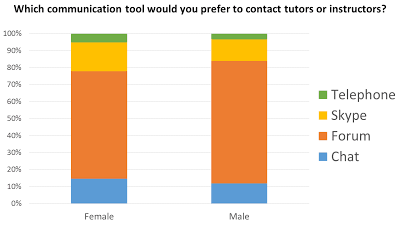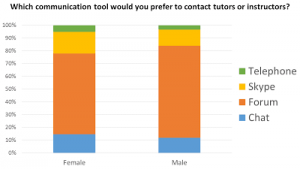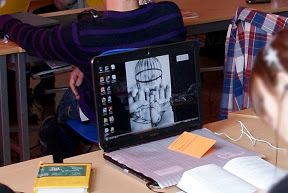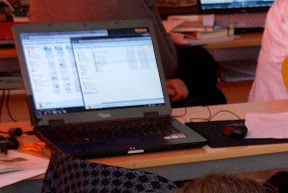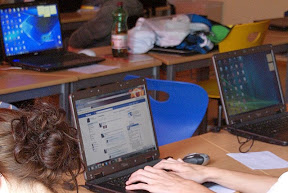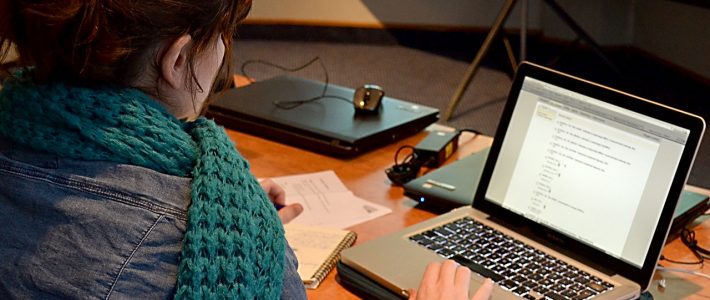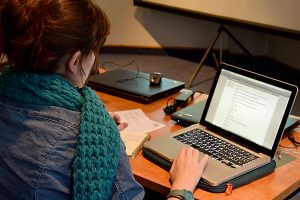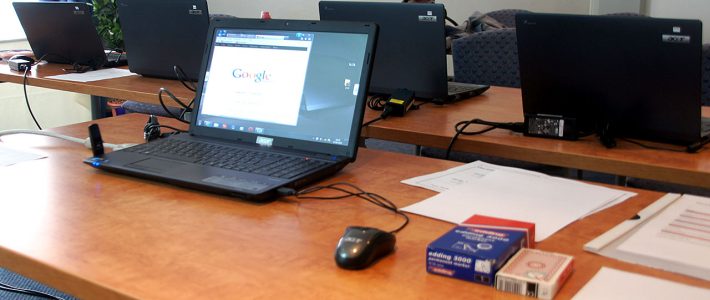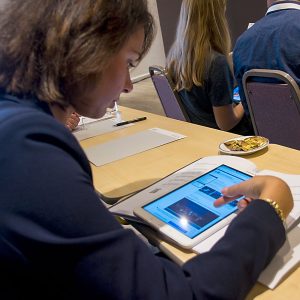BonJour!
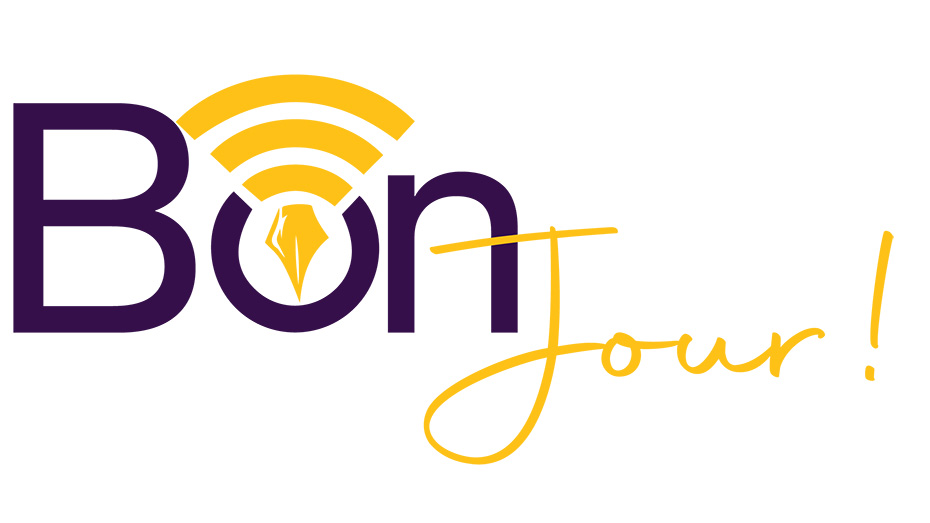 The objective of the BonJour! project is to enhance media literacy among older individuals by focusing on journalism and digital skill improvement. This effort aims to foster social activism among seniors and bridge the generation gap in digital proficiency. A key aspect of the plan involves establishing a pool of Media Educators for the Elderly, a role that is currently lacking despite its pressing need. The target groups include adult educators, senior educators, media educators, as well as individuals aged 55+ and senior learners.
The objective of the BonJour! project is to enhance media literacy among older individuals by focusing on journalism and digital skill improvement. This effort aims to foster social activism among seniors and bridge the generation gap in digital proficiency. A key aspect of the plan involves establishing a pool of Media Educators for the Elderly, a role that is currently lacking despite its pressing need. The target groups include adult educators, senior educators, media educators, as well as individuals aged 55+ and senior learners.
The implementation strategy includes conducting a learning needs analysis for seniors in media education, providing training for Media Educators for the Elderly, and offering courses for seniors to enhance critical thinking and ICT skills through media literacy and journalism. Additionally, the plan involves creating a handbook and guidelines for Media Educators, developing a curriculum for seniors, and launching a pilot program where elderly individuals actively contribute to media and digital content creation.
Expected outcomes include the establishment of a methodology for Media Literacy for the Elderly centered on journalism, the identification of the Media Educator profile, and the creation of a pool of Media Educators for the elderly. Furthermore, the initiative aims to produce a guide for Media Educators, an e-learning platform tailored to seniors’ needs, and tangible learning materials for elderly individuals.
Partners
 The project is coordinated by EduVita, an educational, cultural and intergenerational centre in the heart of Lecce, Southern Italy, founded in 2019.
The project is coordinated by EduVita, an educational, cultural and intergenerational centre in the heart of Lecce, Southern Italy, founded in 2019.
EduVita is a place of connection between past, present and future: we create learning opportunities to improve the quality of life of elderly and young people through intergenerational dialogue. Our NGO is active both locally and internationally, participating in Erasmus+ research and mobility programmes in the field of Adult Education.
We focus on pedagogical research, innovating teaching and learning processes, designing learning settings and developing new methodologies based on Adult Education and Intergenerational learning approaches.
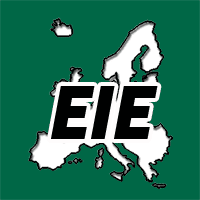
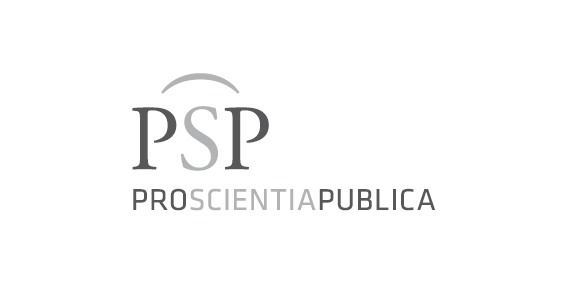
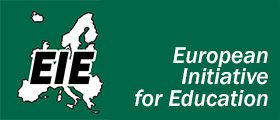
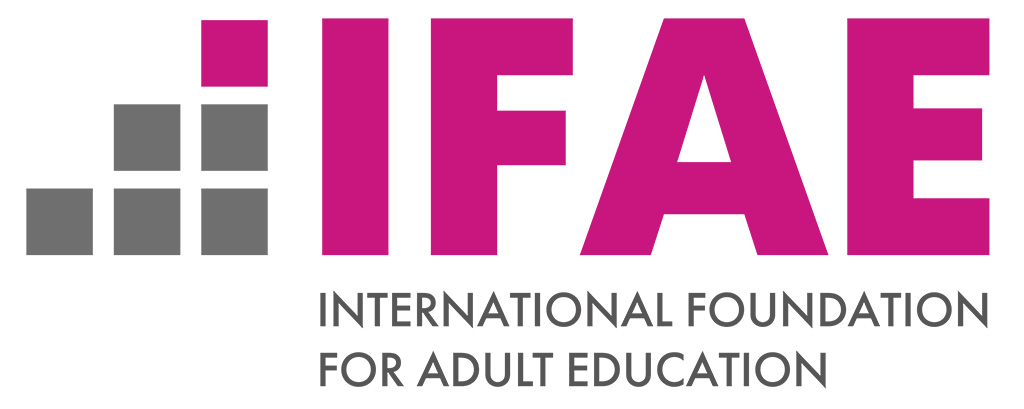


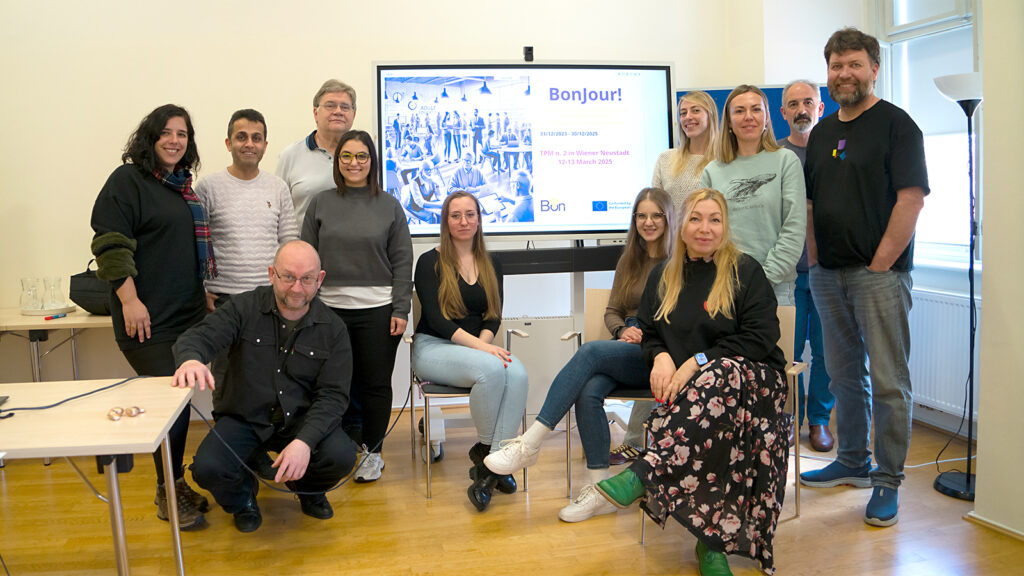
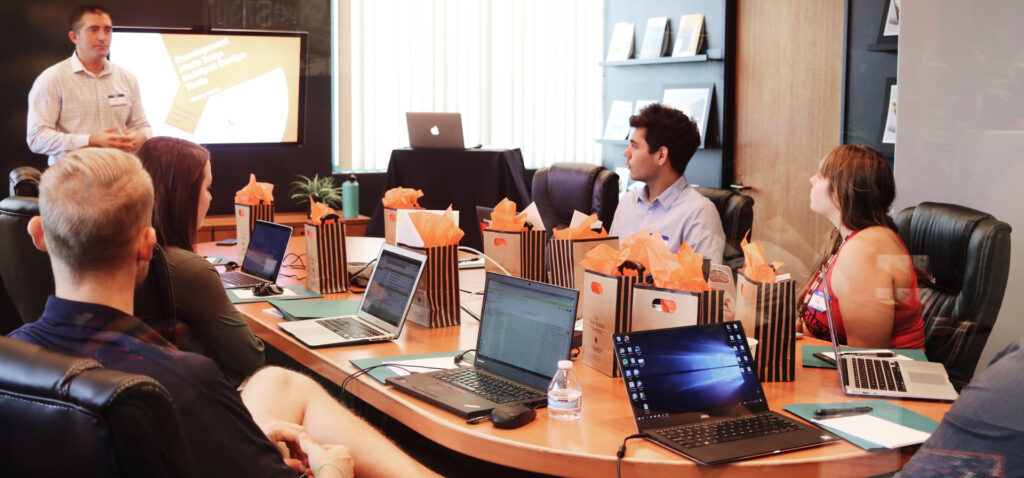



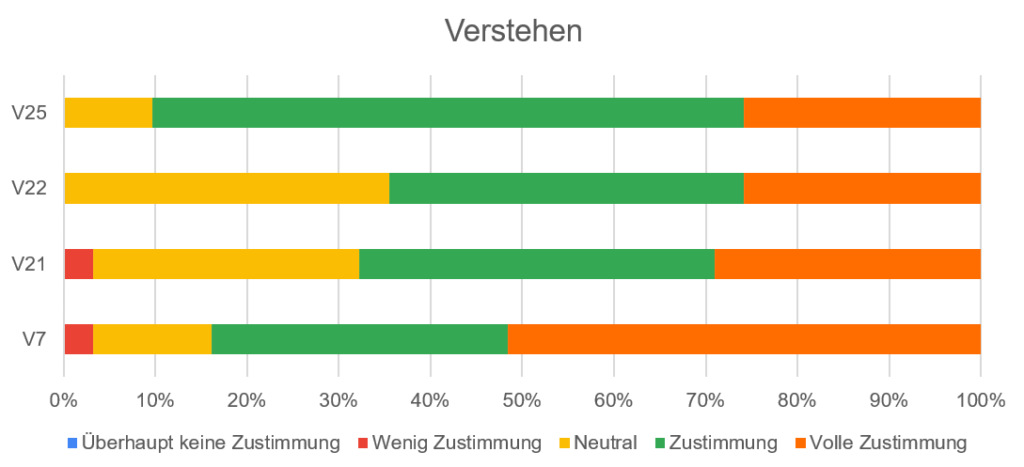
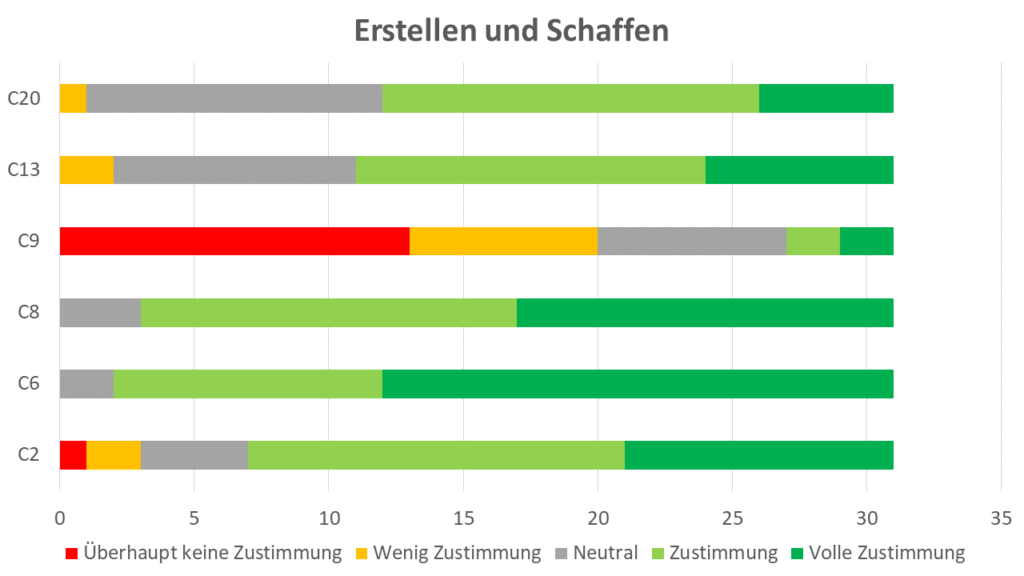
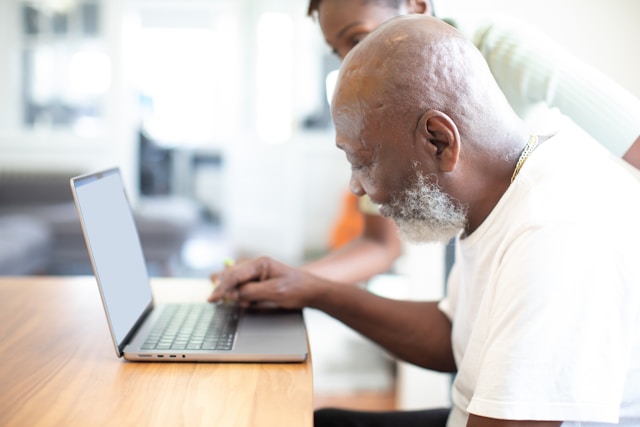
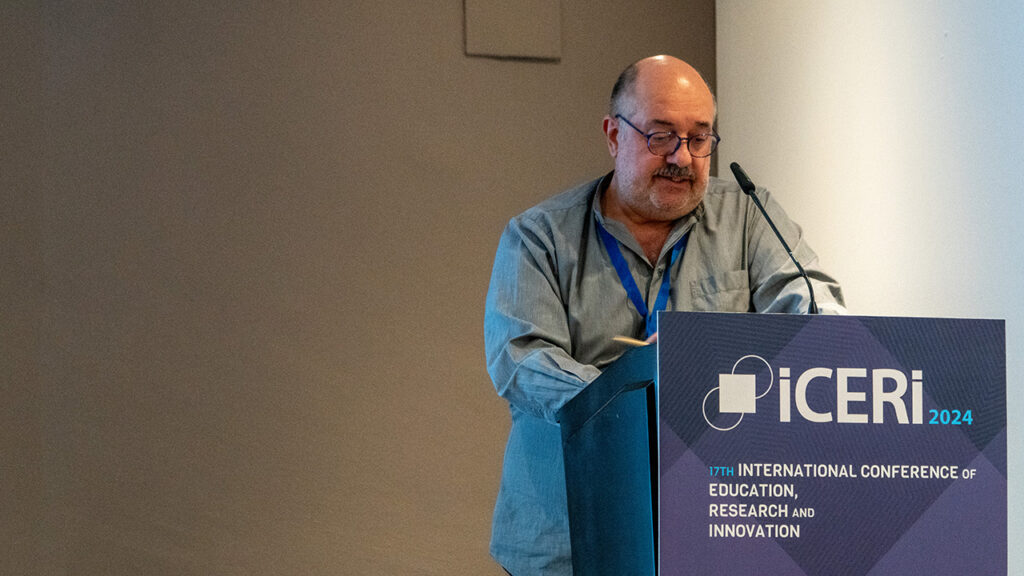

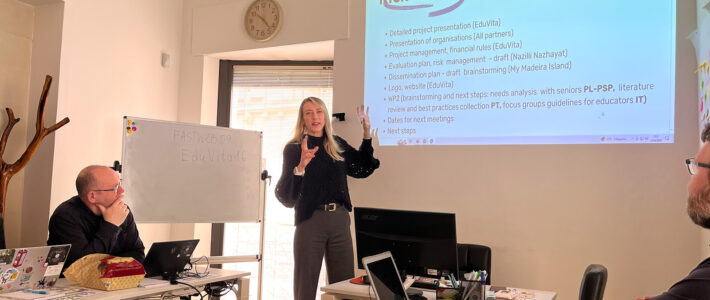
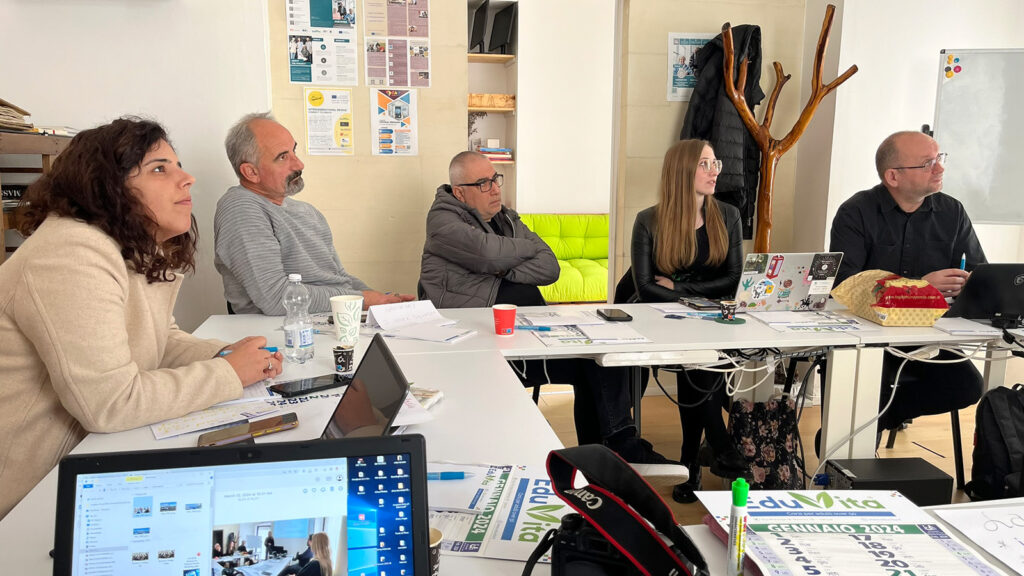
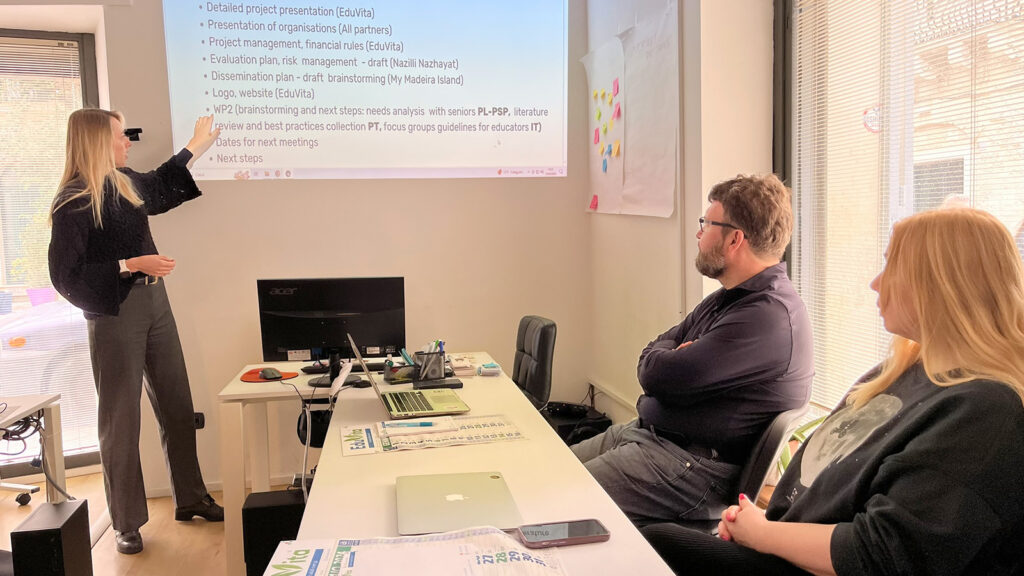
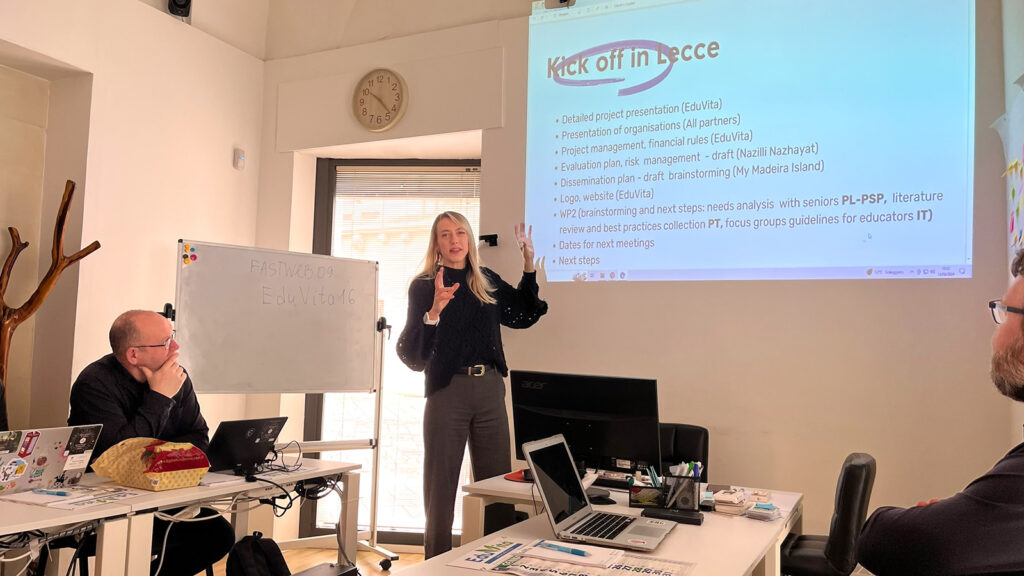
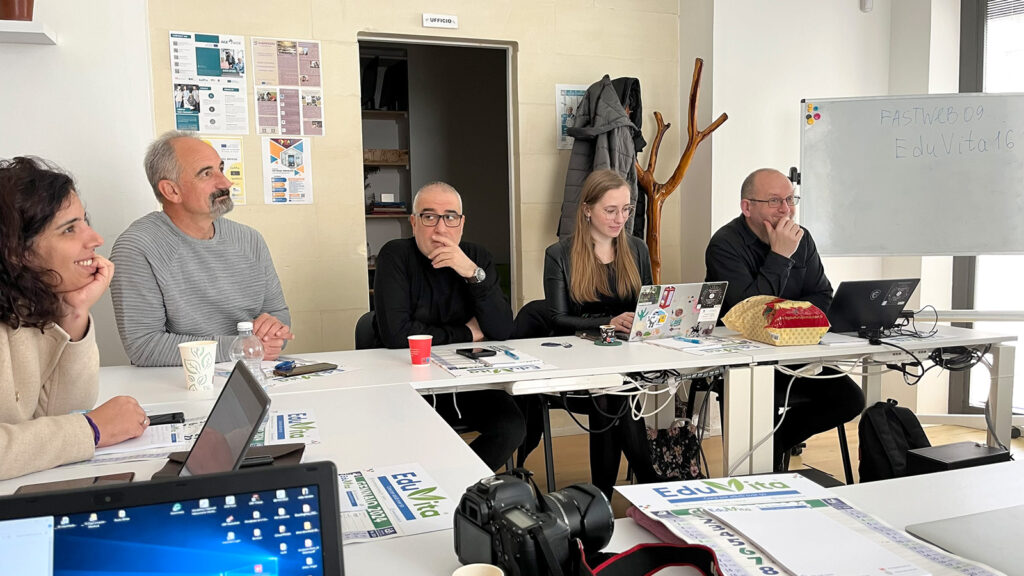
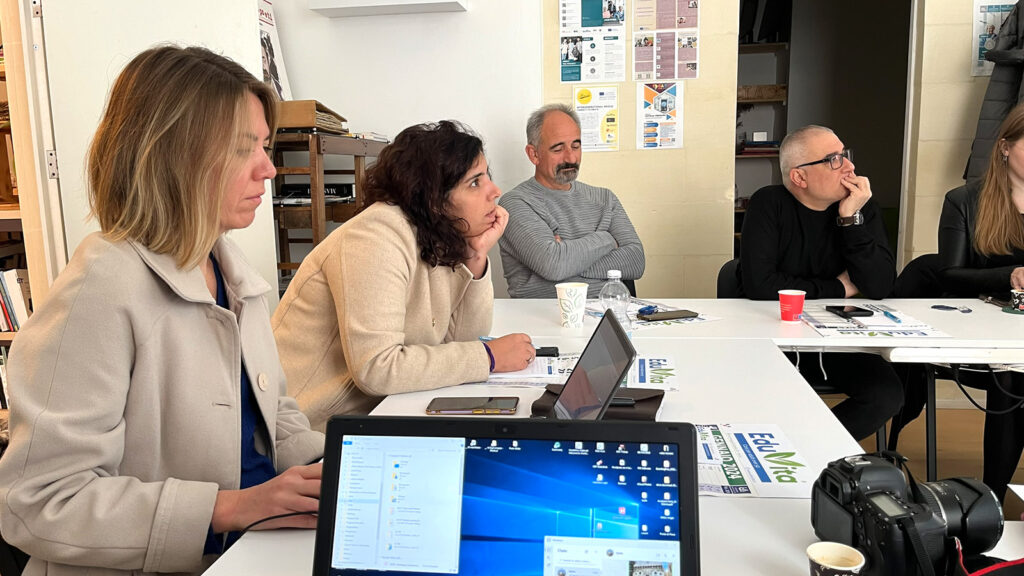
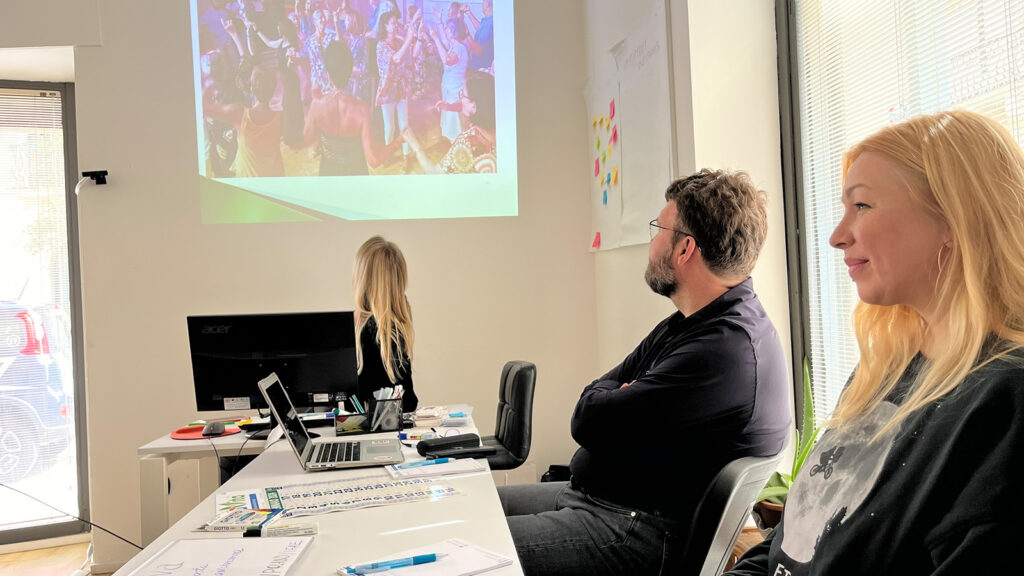
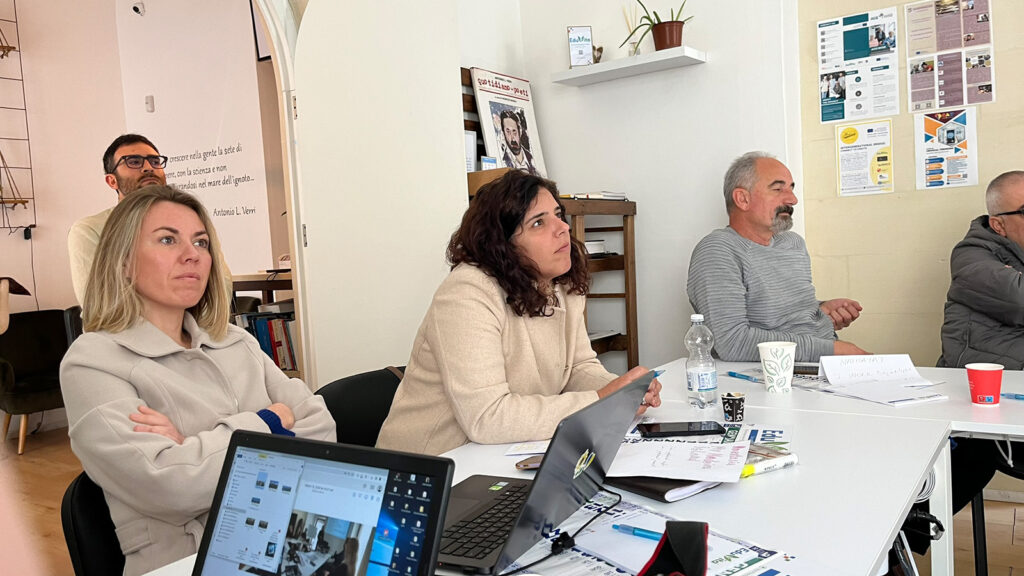
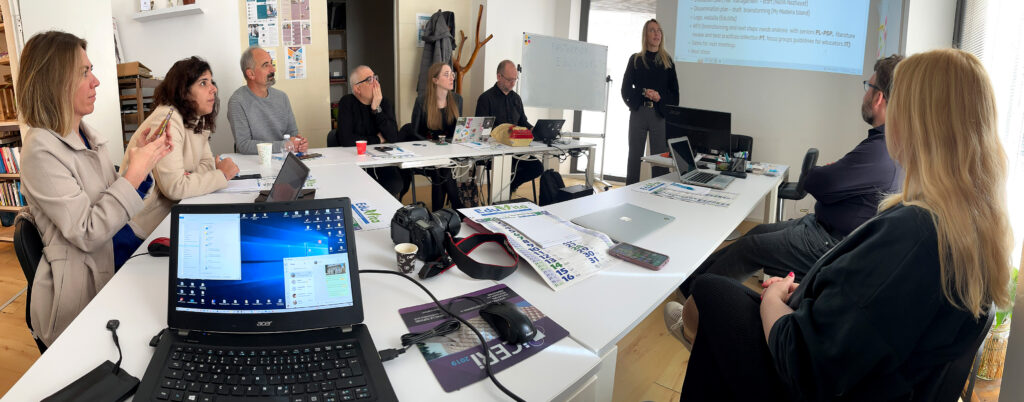
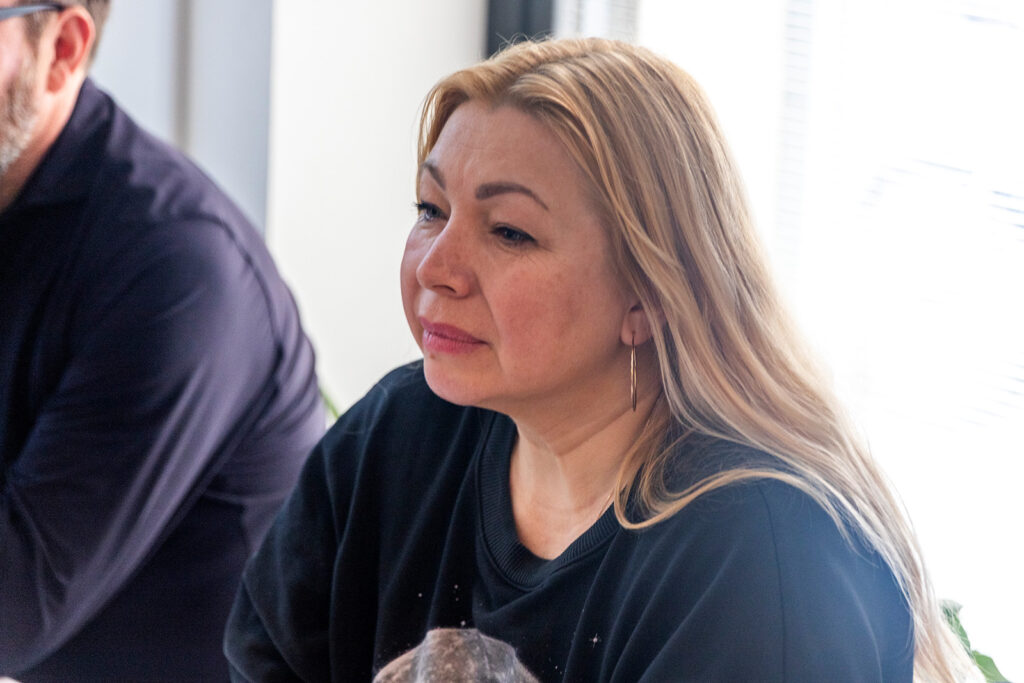
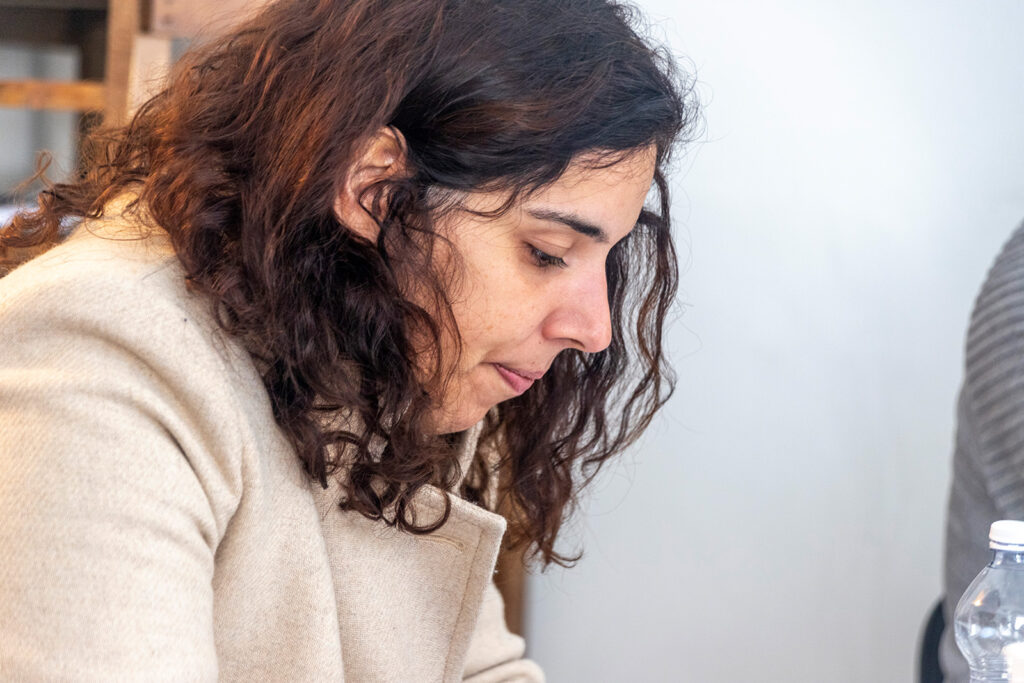
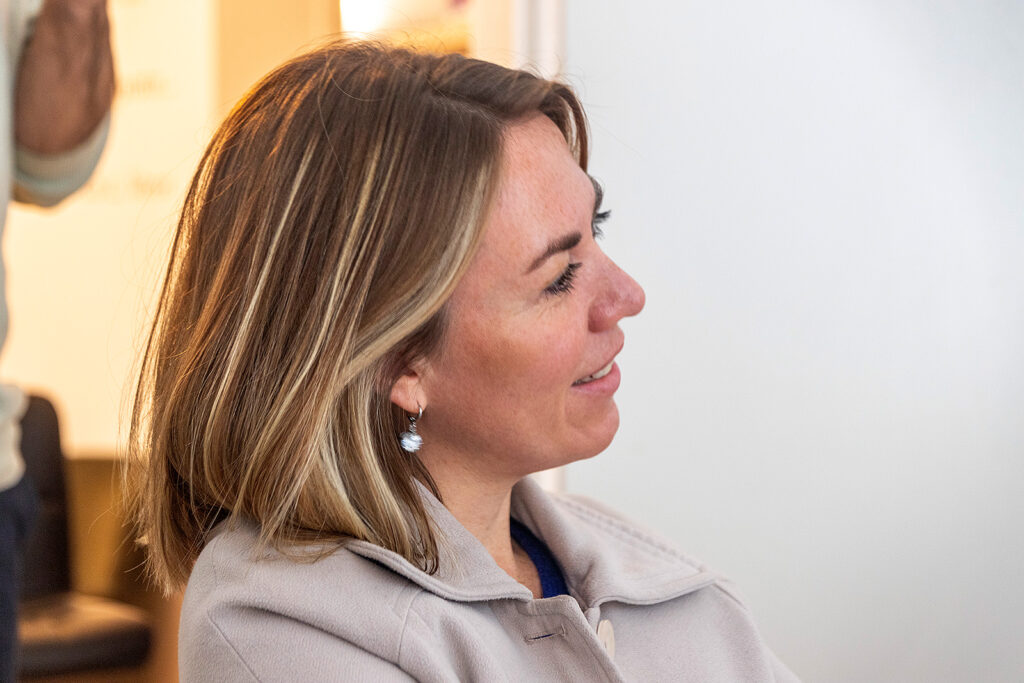
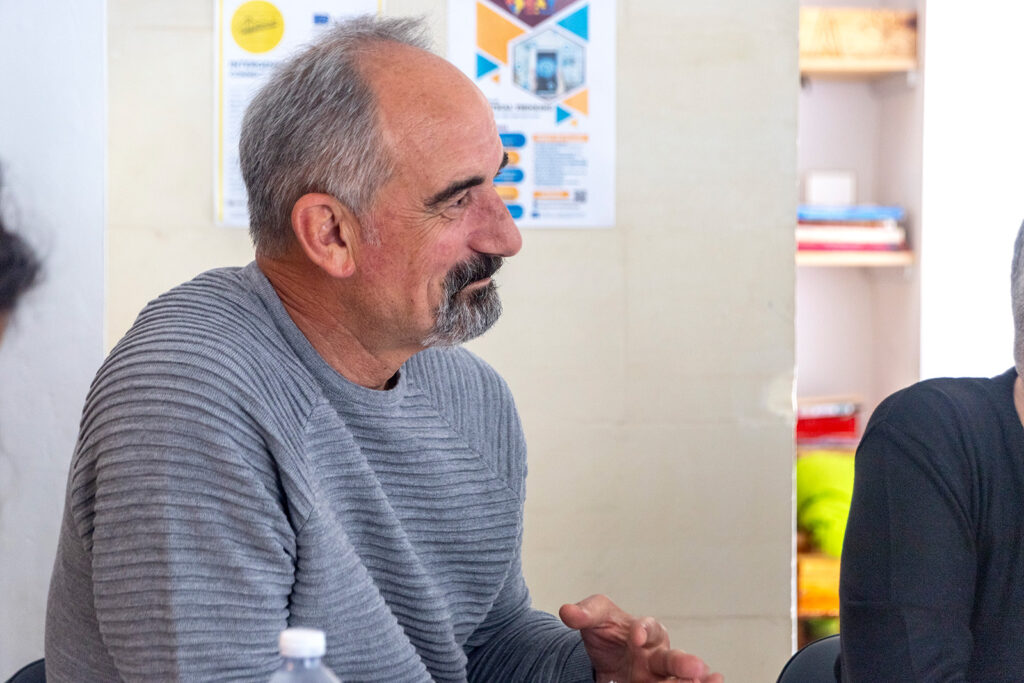
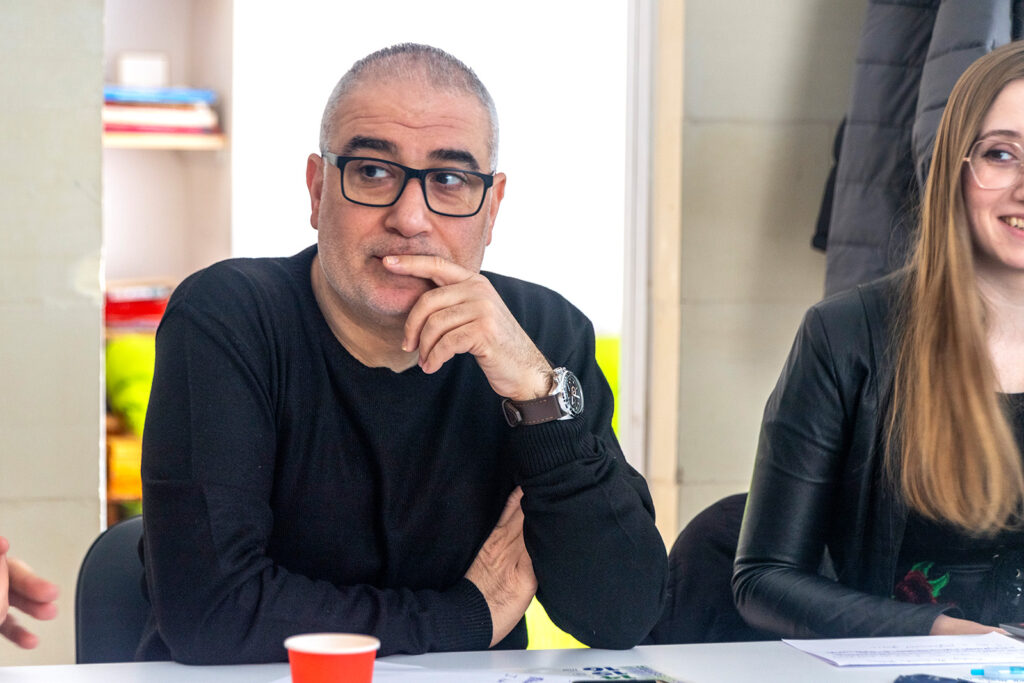
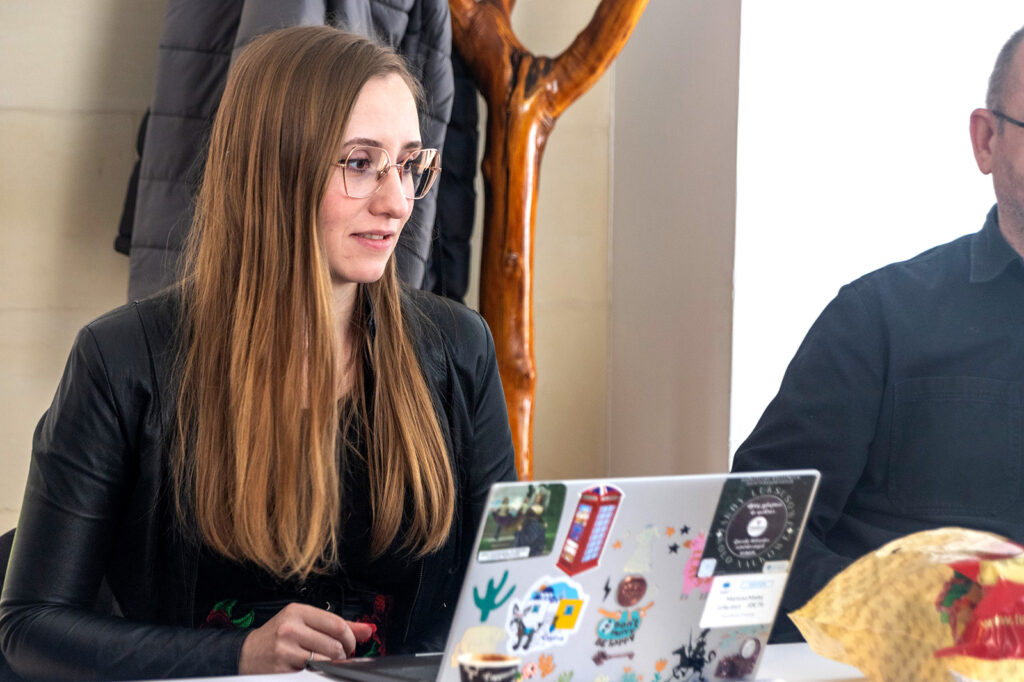
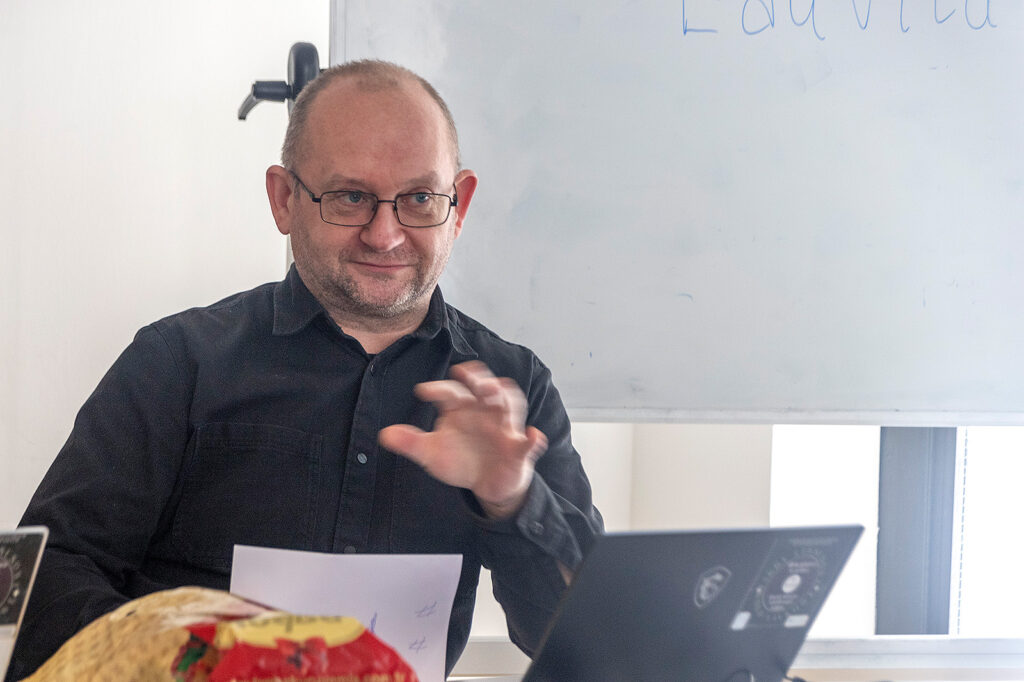
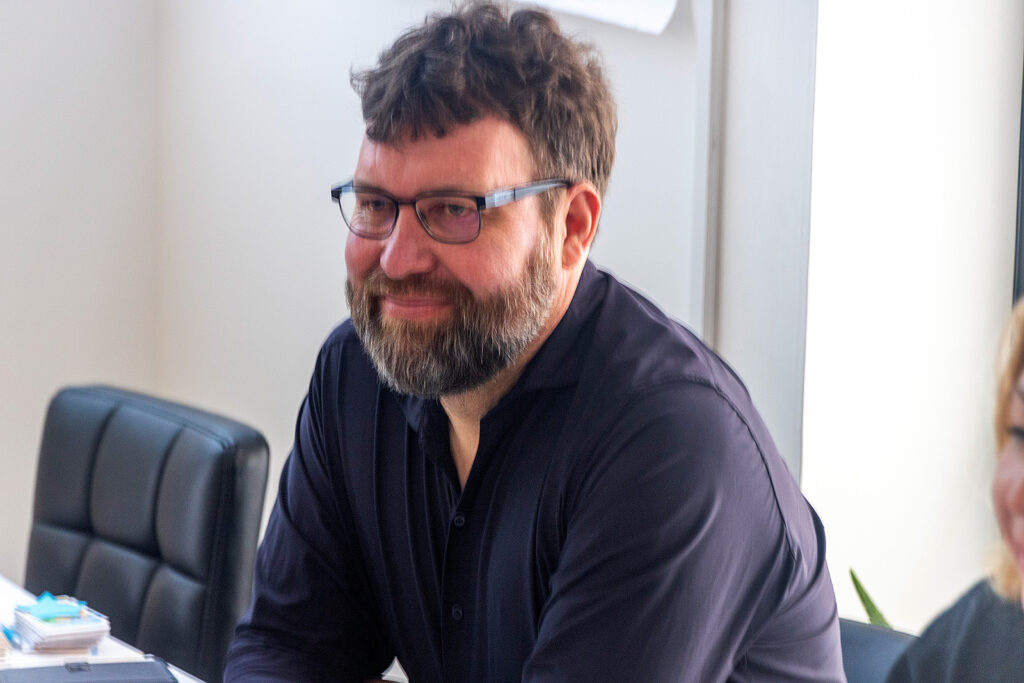

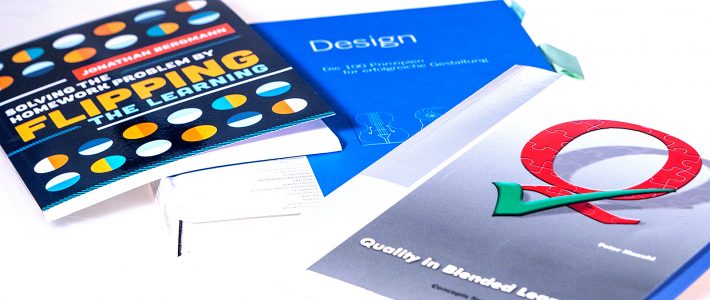

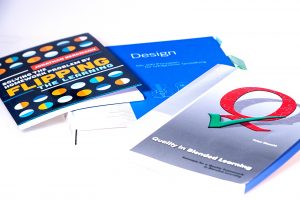 Books are still available – Amazon started the business success by selling books (and still sells them), libraries are still used intensively by people borrowing books there. Masses of books – in small quantities – are published and printed as “book on demand”.
Books are still available – Amazon started the business success by selling books (and still sells them), libraries are still used intensively by people borrowing books there. Masses of books – in small quantities – are published and printed as “book on demand”.